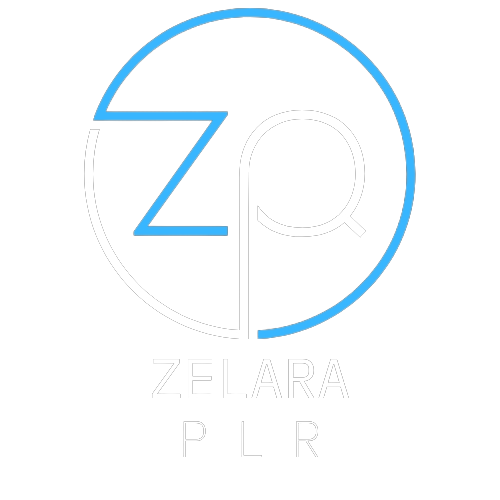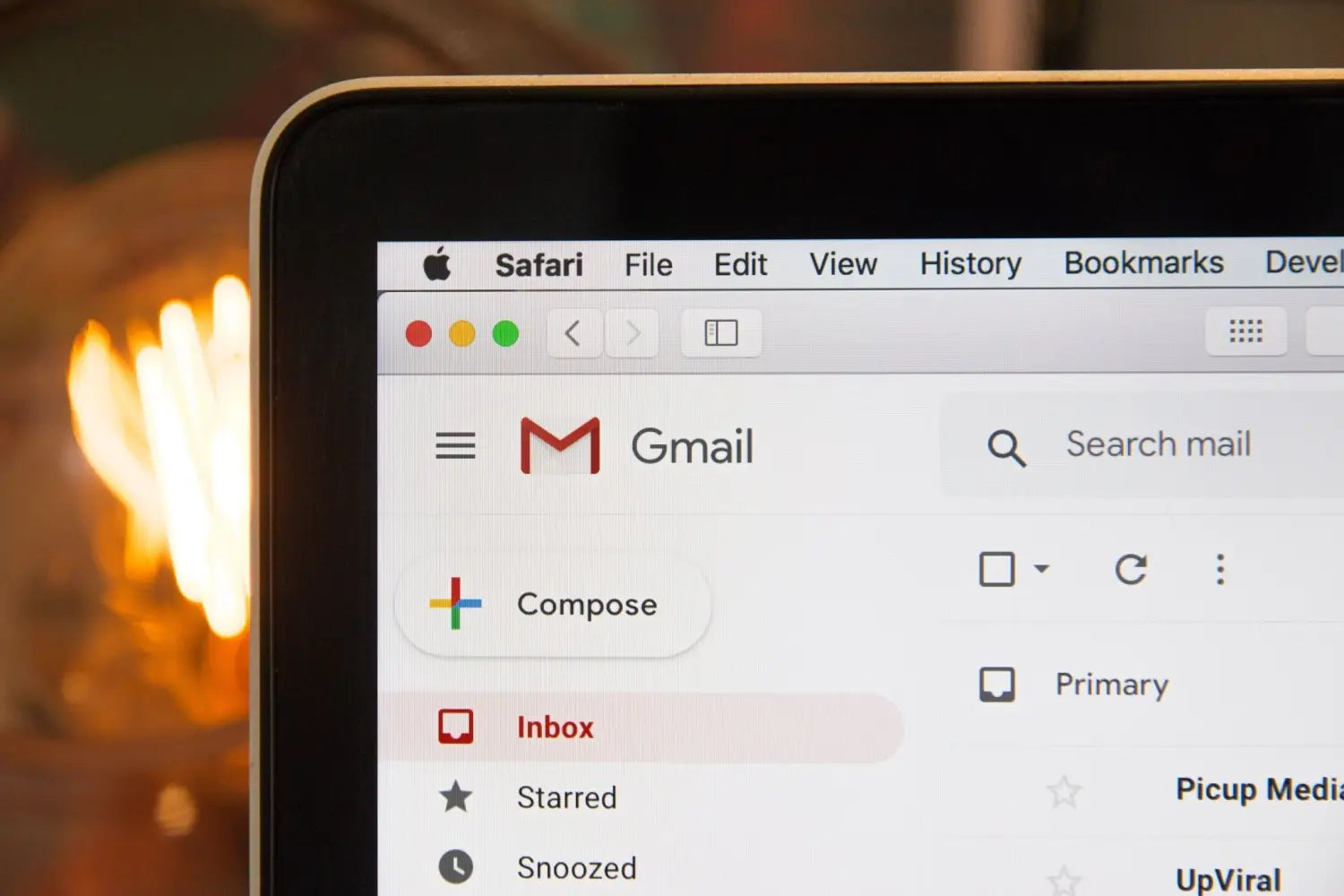Building an email list is an essential step for any digital product seller looking to grow their business. One powerful strategy for building your email list is by using Private Label Rights (PLR) content. In this guide, we will explore what PLR is, how it can be used to build your email list, and some tips for getting the most out of your PLR content.
What is PLR?
PLR is a type of content that can be licensed to others for use in their own business. This can include ebooks, articles, videos, and more. The content is typically created by a professional writer or marketer and is then sold to multiple buyers. PLR content can be used as is or modified to fit the needs of the buyer.
Why Use PLR to Build Your Email List?
PLR content can be a valuable tool for building your email list for a few reasons. First, it can save you time and energy by providing you with high-quality content that you can use to attract new subscribers. Second, PLR content can be customized to fit your brand and audience, which can help you build a strong connection with your subscribers. Finally, PLR can be a cost-effective way to get high-quality content that you can use to build your email list.
There are a few steps you can take to use PLR content to build your email list:
Identify your target audience
Identifying your target audience is the first and most important step when using PLR content to build your email list. It is crucial to understand the demographics, interests, pain points and preferences of your target audience to create content that resonates with them. You can conduct market research and surveys to gather information about your target audience.
You can also analyze your website traffic data and social media insights to understand the demographics and interests of your audience. Additionally, you can take a look at your competitors' target audience and see if there are similarities. Once you have a clear understanding of your target audience, you can create content that addresses their pain points and interests, increasing the likelihood that they will engage with it.
Another important aspect to consider when identifying your target audience is to segment it into different groups with different characteristics and needs, this will allow you to create different lead magnets and landing pages that cater to each group, making it more effective in capturing the right audience and making sure that the lead magnet is more appealing to them.
Create a lead magnet
Once you have a clear understanding of your target audience, you can create a lead magnet using PLR content. A lead magnet is a valuable piece of content that you offer in exchange for a visitor's contact information, such as an email address. This is a great way to attract potential customers to your business and grow your email list.
PLR content can be used to create different types of lead magnets, such as ebooks, whitepapers, and email courses. For example, you could use PLR ebooks to create a lead magnet that addresses a specific pain point or interest of your target audience. You could also use PLR whitepapers to create a lead magnet that provides in-depth information on a specific topic. Email courses are also a great way to use PLR content to create a lead magnet, as it allows you to deliver valuable information to your target audience over a period of time.
When creating a lead magnet using PLR content, it's important to ensure that the content is relevant, valuable, and engaging to your target audience. You should also include a clear call-to-action, such as a sign-up form or a button, to encourage visitors to exchange their contact information for the lead magnet.
It's also worth noting that, lead magnets should also be aligned with your business, if you are selling a product or service, the lead magnet should be related to that product or service, this way you can make sure that the lead magnet is attracting the right audience and also increase the chances of conversion into a customer.
Optimize your lead magnet for conversions
Optimizing your lead magnet for conversions is an essential step in using PLR content to build your email list. This involves making sure that the lead magnet is visually appealing, easy to read, and has a clear call-to-action.
First, it's important to make sure that the lead magnet is visually appealing. This means using high-quality images and graphics, and ensuring that the design is consistent with your brand. Additionally, make sure that the lead magnet is easy to read. This means using a clear and consistent font, and breaking up the content into small, easy-to-digest chunks.
Another essential aspect to consider when optimizing your lead magnet for conversions is to make sure that it has a clear call-to-action. A call-to-action is a button or a link that encourages visitors to take a specific action, such as signing up for your email list. The call-to-action should be prominently displayed and easy to find, and should clearly explain what the visitor will receive in exchange for their contact information.
You would also need to consider the format of the lead magnet, some formats are better suited to a particular type of audience, for example, an ebook is a great lead magnet to offer to an audience that is looking for in-depth information, while a checklist or a quick guide will be more appealing to an audience that wants a quick solution to a problem.
Finally, test different versions of your lead magnet to see which one converts best. This means creating different versions of your lead magnet with different headlines, images, and calls-to-action and then testing them with a small group of visitors to see which one performs best.
Use a landing page
Using a landing page is an essential step in collecting email addresses when using PLR content to build your email list. A landing page is a standalone web page that is specifically designed to convert visitors into leads. It should include a sign-up form, a clear call-to-action, and information about the lead magnet.
When creating a landing page, it's important to make sure that it's visually appealing and easy to navigate. The design should be consistent with your brand and the content should be clear and easy to read. Additionally, the landing page should include a sign-up form where visitors can enter their contact information in exchange for the lead magnet. The form should be prominently displayed and easy to find.
It's also important to include a clear call-to-action on the landing page, such as "Download now" or "Sign up for our email list." This should be prominently displayed and easy to find. The call-to-action should clearly explain what the visitor will receive in exchange for their contact information.
Another important aspect to consider when creating a landing page is to make sure that it's mobile-friendly and optimized for conversions. This means that it should be easy to navigate and read on a mobile device and the sign-up form should be easy to fill out on a mobile device.
Promote your lead magnet
Once your lead magnet and landing page are set up, you need to promote them. You can promote them on your website, social media, or through paid advertising. You can also use email marketing to promote your lead magnet to your existing email list.




Leave a comment
This site is protected by hCaptcha and the hCaptcha Privacy Policy and Terms of Service apply.